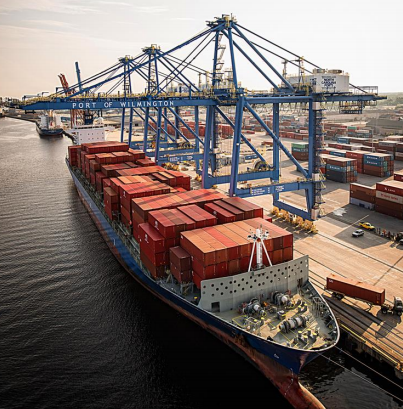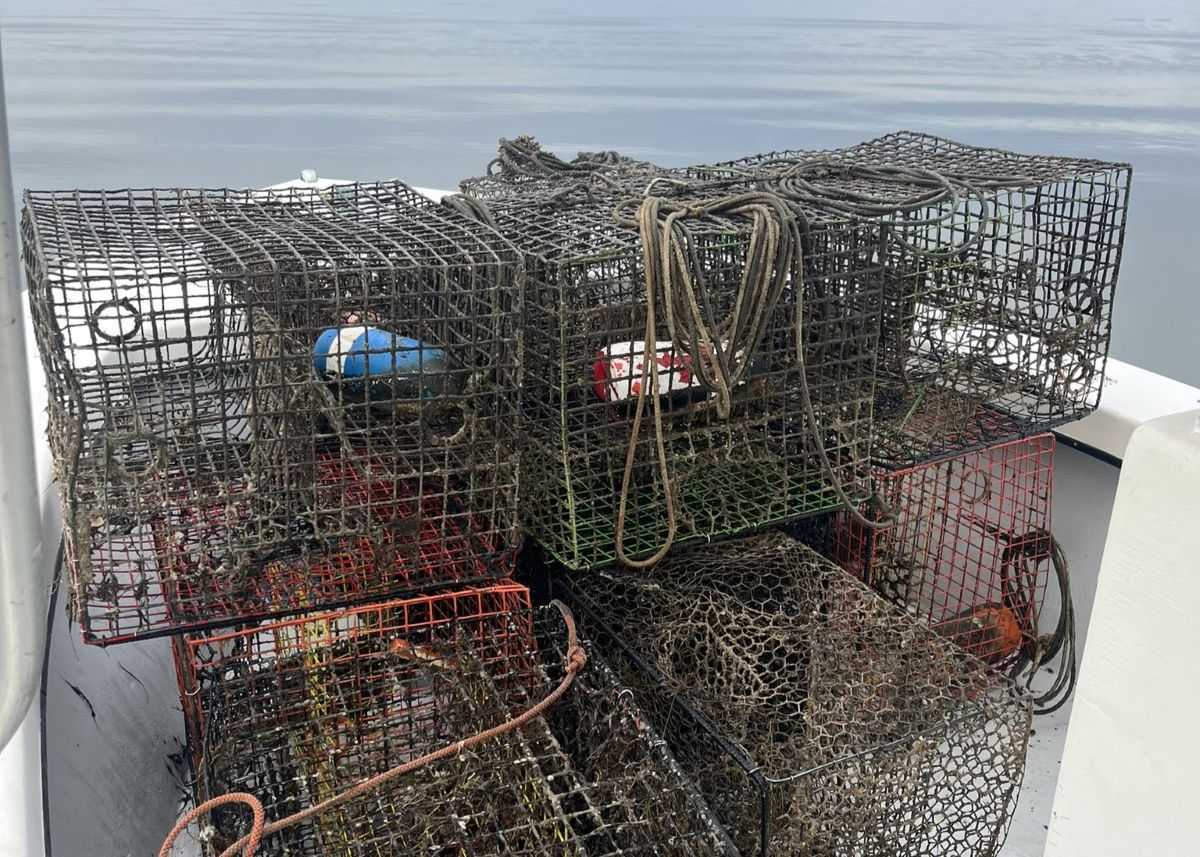A legislative study finds that the State Ports Authority lacks a system for managing the environmental footprint of maritime port operations, a shortcoming that the evaluation said threatens the ports’ sustainable operations.

The North Carolina General Assembly’s Program Evaluation Division presented its findings Monday, also concluding that the authority should be required to update legislators on its progress in developing and implementing a system that integrates environmental considerations into day-to-day decisions and operations to, “at a minimum, maintain compliance with environmental regulations,” and improve its environmental performance via pollution prevention and best management practices.
Supporter Spotlight
According to the report made to the Joint Legislative Program Evaluation Oversight Committee, maritime ports must contend with numerous environmental challenges that pose risks to operations and sustainability, risks that an environmental management system can address.
The authority is in the beginning stages of developing a system to address issues such as dredging, water quality, waste disposal and recycling, noise, air quality, collaboration with community groups, hazardous material transportation and energy conservation, according to the findings.
The report also concluded that the state ports are, overall, effective and efficient, but mainly because of improved productivity and declining costs. “However, increased efficiencies are entirely attributable to operations in Wilmington and not Morehead City,” according to the report. Further, the division finds that authority “does not operate in accordance with all state law,” because it doesn’t maintain container shipping operations at both ports, only Wilmington. The Port of Morehead City does not conduct container operations, “nor is it situated to develop such operations without investments in improved truck mobility.”
Alherd Kazura, the authority’s chief financial officer, said port management didn’t entirely agree with findings, particularly regarding metrics used regarding business performance and customer service.
Kazura said management didn’t oppose the division’s recommendations regarding the development of an environmental management system but he appeared to take issue with the proposed required periodic reporting on its status.
Supporter Spotlight
“We prefer to remain within the current reporting structure of our management team going up through the board of directors and reporting to the House and Senate transportation committees,” he said.







